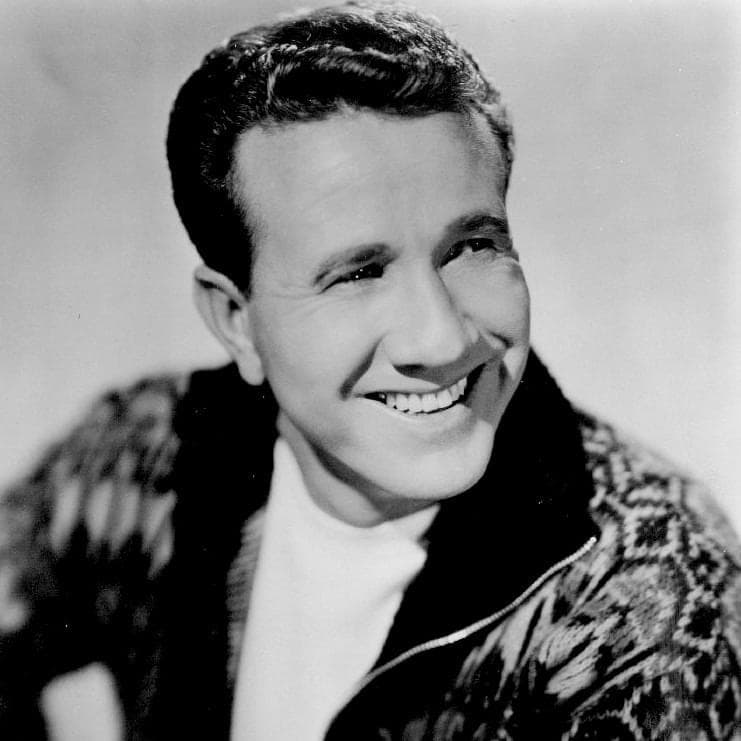
Echoes of the Western Frontier: The Haunting Truth of Marty Robbins‘ “The Hanging Tree”
For those of us who came of age during the Golden Era of the American Western, certain songs aren’t just melodies; they are visceral memories—a blend of dust, cinematic scope, and the stark, uncompromising morality of the frontier. Few songs capture that essence with the chilling finality and dramatic flair of “The Hanging Tree,” immortalized by the incomparable voice of Marty Robbins.
This isn’t just a track pulled from an album; it is the thematic anchor and title song for the 1959 Warner Bros. film, The Hanging Tree, a psychologically tense Western starring Gary Cooper and Maria Schell. While Marty Robbins was certainly a prolific hitmaker, known for chart-toppers like “El Paso” and “A White Sport Coat (and a Pink Carnation),” his recording of “The Hanging Tree” was a significant contribution to his legacy and to the soundscape of the cinematic West.
Upon its release in 1959, the track made a respectable, though perhaps overshadowed, splash on the charts. While it didn’t replicate the monumental success of his signature songs, the single, backed with “The Story of My Life,” found its place on the Billboard Hot 100, peaking around No. 38. More importantly, its placement ensured that the song became inextricably linked with the film and a staple of the Western movie soundtrack genre, reaching an audience that appreciated the drama and gravity it conveyed.
The story behind the song is one of collaborative genius. The music was composed by Jerry Livingston, and the powerful, haunting lyrics were penned by Mack David, an industry veteran who also contributed to Disney classics. However, it’s the rich, authoritative baritone of Marty Robbins that truly gives the tune its gravity. He wasn’t the first choice—the film’s star, Gary Cooper, recorded a version, as did Frankie Laine—but it was Robbins’ masterful, almost narrative delivery that gave the song the dramatic weight it deserved, securing its place on the official soundtrack single.
The song’s meaning is dark, yet utterly compelling. It functions as a warning, a prophecy, and a grim moral reflection all at once. The “hanging tree” itself is not just a place of execution; it is a symbol of inevitable justice and the harsh, unforgiving code of the frontier, where one’s past sins or present misdeeds eventually catch up. The lyrics speak directly to the viewer, advising them to “keep away from the hanging tree” and all the bad choices that lead to it. It evokes a primal fear—the ultimate consequence of a solitary, lawless life.
For those of us listening decades later, the song serves as a potent memory trigger. It recalls a time when the Western genre represented clear lines between good and evil, albeit with complex characters struggling in the gray areas. It is the sound of a vast, lonely landscape, of a life lived on the edge of civilization, and of the solemn toll a community must pay for order. When Marty Robbins sings, you don’t just hear a melody; you hear the rustle of leaves, the creak of the rope, and the quiet despair of a soul facing its final judgment beneath the stark branches of that ominous tree. It’s a beautifully somber piece of Americana that remains a touchstone of classic Western music.